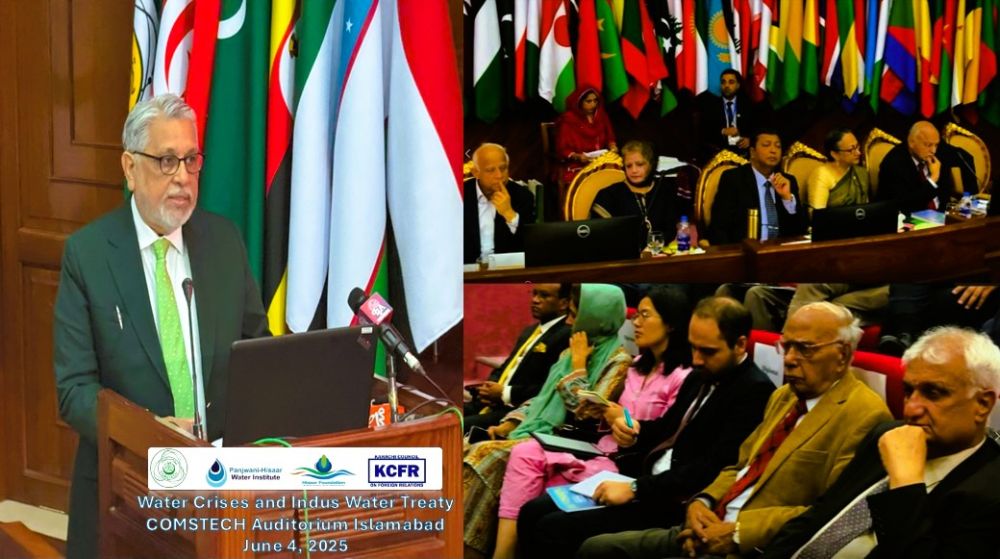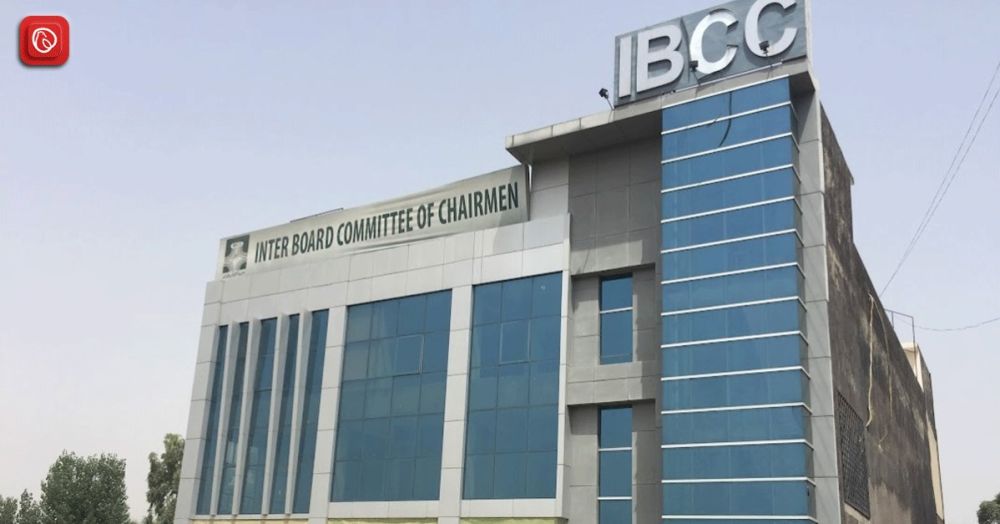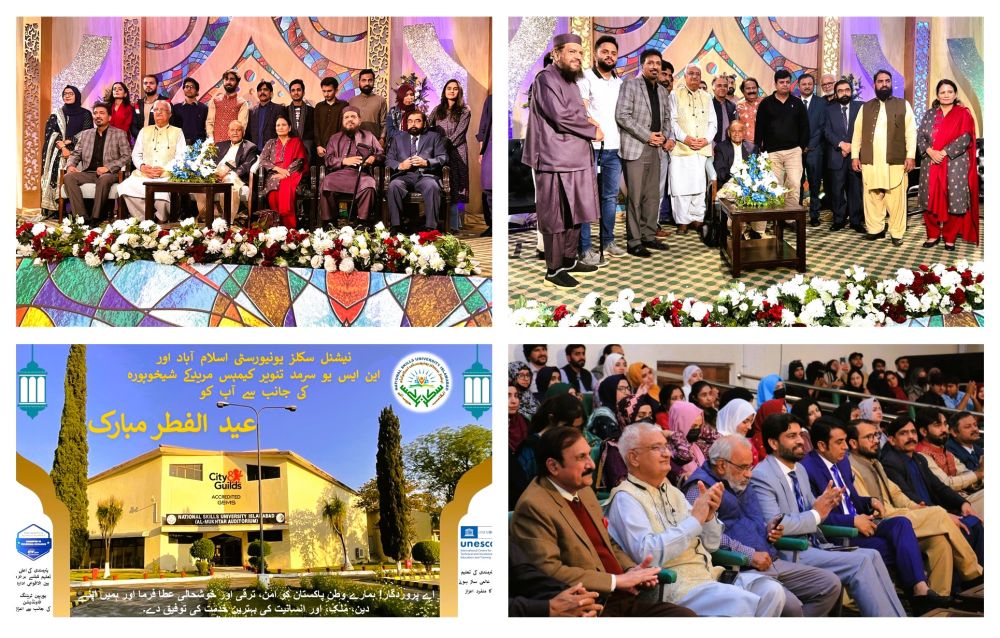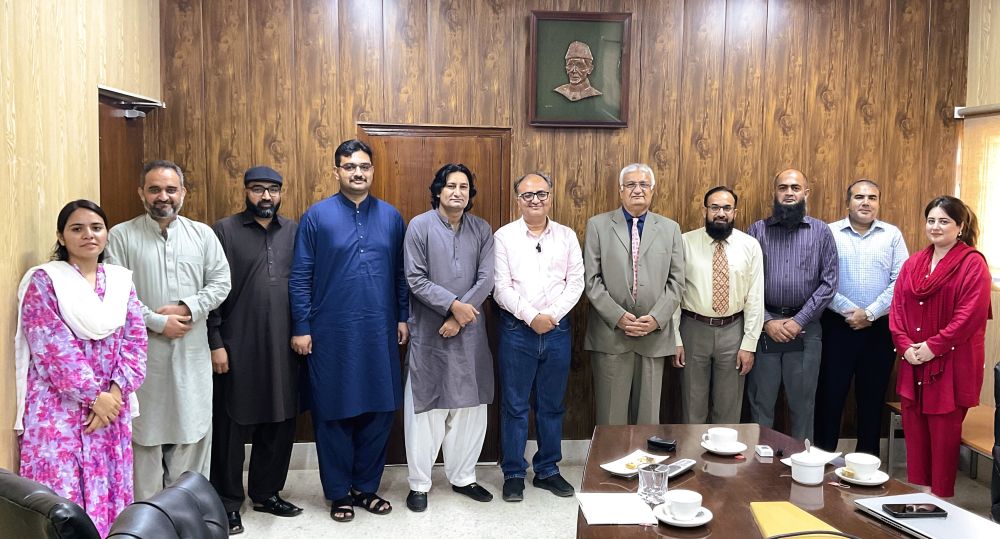What is the role of the Indus Waters Treaty in Asian Regional Stability?
Posted 7 months ago
A high-level seminar convened at COMSTECH headquarters in Islamabad, titled "Water Crises and the Indus Waters Treaty." jointly organized by OIC-COMSTECH, the Karachi Council on Foreign Relations (KCFR), Hisaar Foundation, and the Panjwani-Hisaar Water Institute (PHWI).
The backdrop of this seminar was the Indus Water Treaty (IWT), signed in 1960 through World Bank mediation, which has long been regarded as one of the world's enduring examples of transboundary water cooperation. But that narrative is now fraying. The potential suspension of this treaty, arguably more a political gambit than a hydrological necessity, threatens to unravel decades of carefully brokered peace between two nuclear-armed nations. The consequences of such a suspension could be dire, leading to increased tensions, potential conflicts, and a severe impact on the region's water security. As the seminar unfolded, experts and policymakers voiced deep concern and clear-eyed urgency.
Nadira Panjwani, Chairperson of KCFR, opened proceedings with a sober reminder of the historical legacy and an ominous warning: its dissolution would set a dangerous precedent, not only for South Asia but for global water diplomacy. She wasn't alone in this view.
Mr. Zohair Ashir of the Hisaar Foundation and PHWI noted that the seminar served as more than an academic exercise. "This is about survival," he said, stressing the potential dire consequences of the escalating tensions. The need for Pakistan to navigate this moment with strategic foresight and unity of purpose was underscored, helping the audience understand the gravity of the situation.
Few in the room offered more technical clarity than Simi Kamal, Founder of the Hisaar Foundation and co-founder of PHWI. Presenting a detailed hydrological analysis, Kamal advocated for a shift toward evidence-based water governance and regional cooperation frameworks that acknowledge both environmental reality and geopolitical constraints. "We must move beyond rhetoric to integrated solutions," she asserted, "particularly in light of mounting climate pressures and upstream interventions." Renowned environmental lawyer Rafay Alam provided the seminar's legal perspective, methodically laying out Pakistan's options under international law. "The IWT remains binding," he argued, "and its unilateral suspension constitutes a violation that may warrant recourse to the International Court of Justice." Such steps, he cautioned, must be weighed carefully but cannot be ruled out.
However, this is not simply a legal issue; it is also a matter of being humane to humanity and an existential one. Senator Mushahid Hussain Syed minced no words in his assessment. " the weaponization of water," he said, "is a crime against humanity." His remarks framed India's actions not only as diplomatic aggression but as a stark betrayal of regional and environmental ethics. He warned that such provocations may further complicate India's already fraught relations with China and undermine its standing in multilateral forums.
Climate policy expert Ali Tauqeer Sheikh brought a planetary perspective, emphasizing that Pakistan's already fragile water future, affected by glacial melt, erratic monsoons, and droughts, stands on a precipice. "This is not just a national security issue, " he remarked. "It's a climate justice issue." His call for a cohesive, national water strategy was echoed throughout the seminar.
Defense analyst Ikram Sehgal, speaking with his characteristic directness, linked India's IWT suspension to a broader pattern of regional aggression. "if diplomacy fails," he warned, "later will be the new theatre of conflict." His remarks drew palpable tension in the room, a reminder that even the most essential resources are now caught in the crosshairs of geopolitical ambition.
The seminar concluded with Dr. Iqbal Choudhary, Coordinator General of OIC-COMSTECH, summarizing the key takeaways: diplomacy must be pursued at every level, legal, bilateral, and multilateral. He emphasized that this is not just Pakistan's fight but a challenge to the international order governing the shared use of natural resources. The role of the global community in upholding such orders and mediating disputes, such as the IWT, is crucial, and its support is needed to ensure regional stability and cooperation.
Amidst the expert analyses, the voice of Prof. Dr. Muhammad Mukhtar, founding Vice Chancellor of the National Skills University Islamabad and a respected scientist, resonated with a distinct moral authority. Speaking on the sidelines of the seminar, Dr. Mukhtar commended the organizers for foregrounding a discourse often sidelined in regional diplomacy. He emphasized, "Water is not merely a resource; it is the fabric of life and civilization. We must not allow it to become collateral in political games." Dr. Mukhtar, a long-time advocate for science-led governance and regional cooperation, praised the multi-sectoral format of the seminar. "This is how we build resilience and logical debates, by bringing together scientists, legal minds, policymakers, and civil society," he said. He stressed the urgent need for curricula at all levels to incorporate water ethics, hydrological science, and climate literacy. "Educated societies don't fight over water; they innovate together to preserve it."





